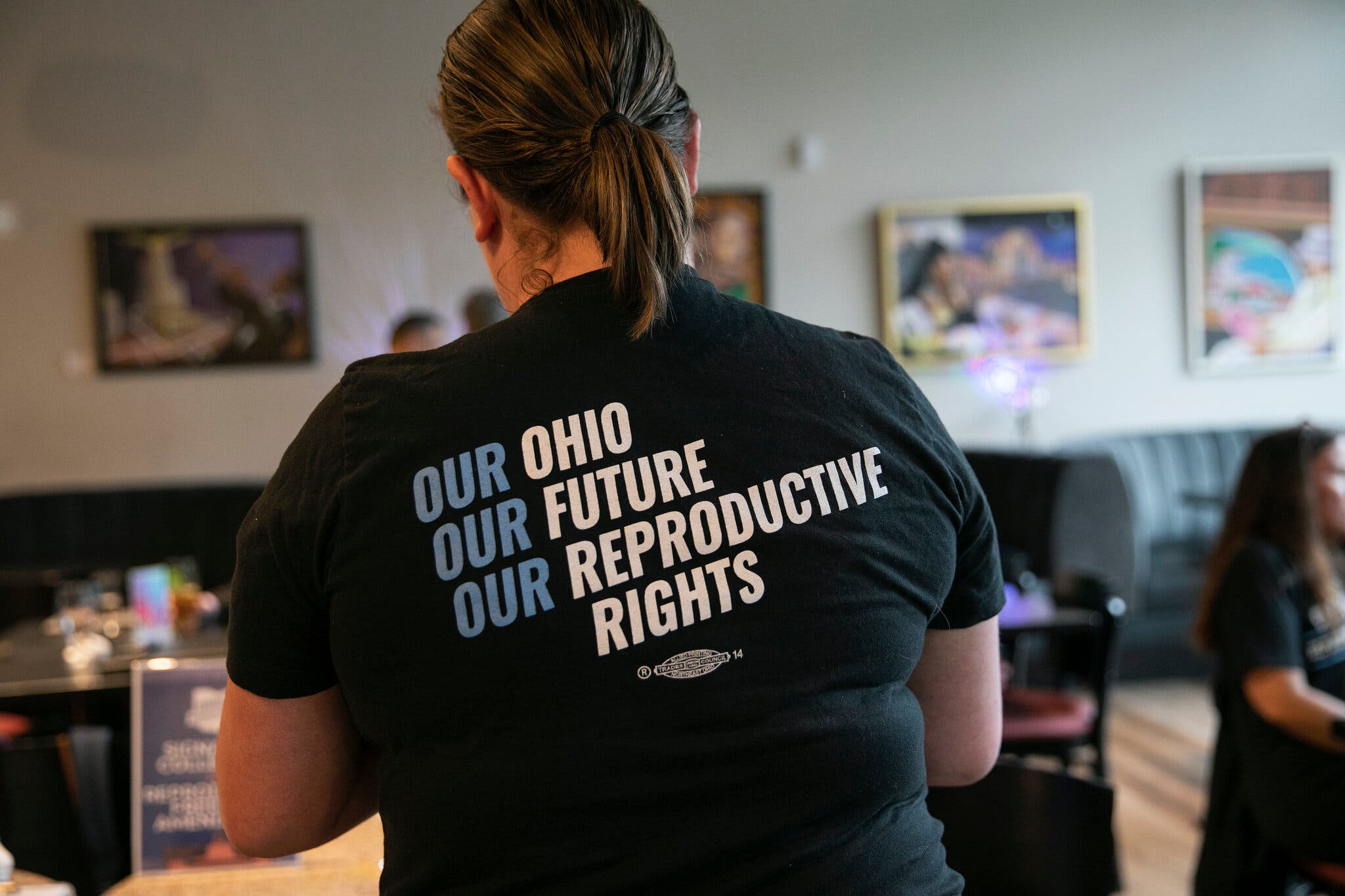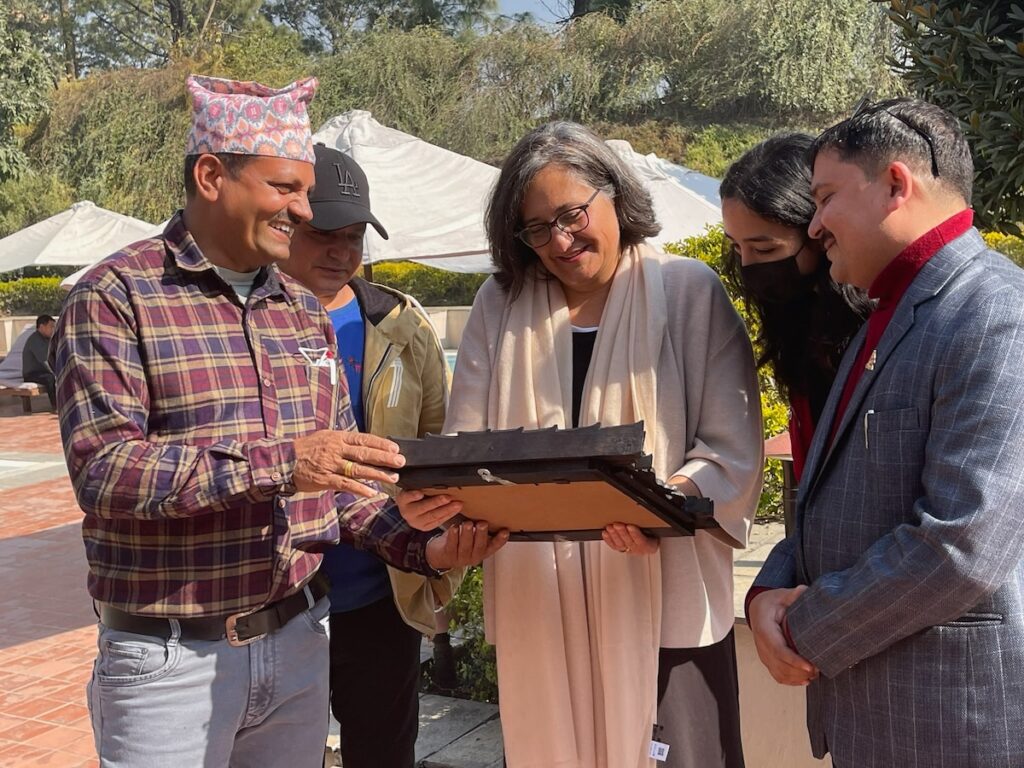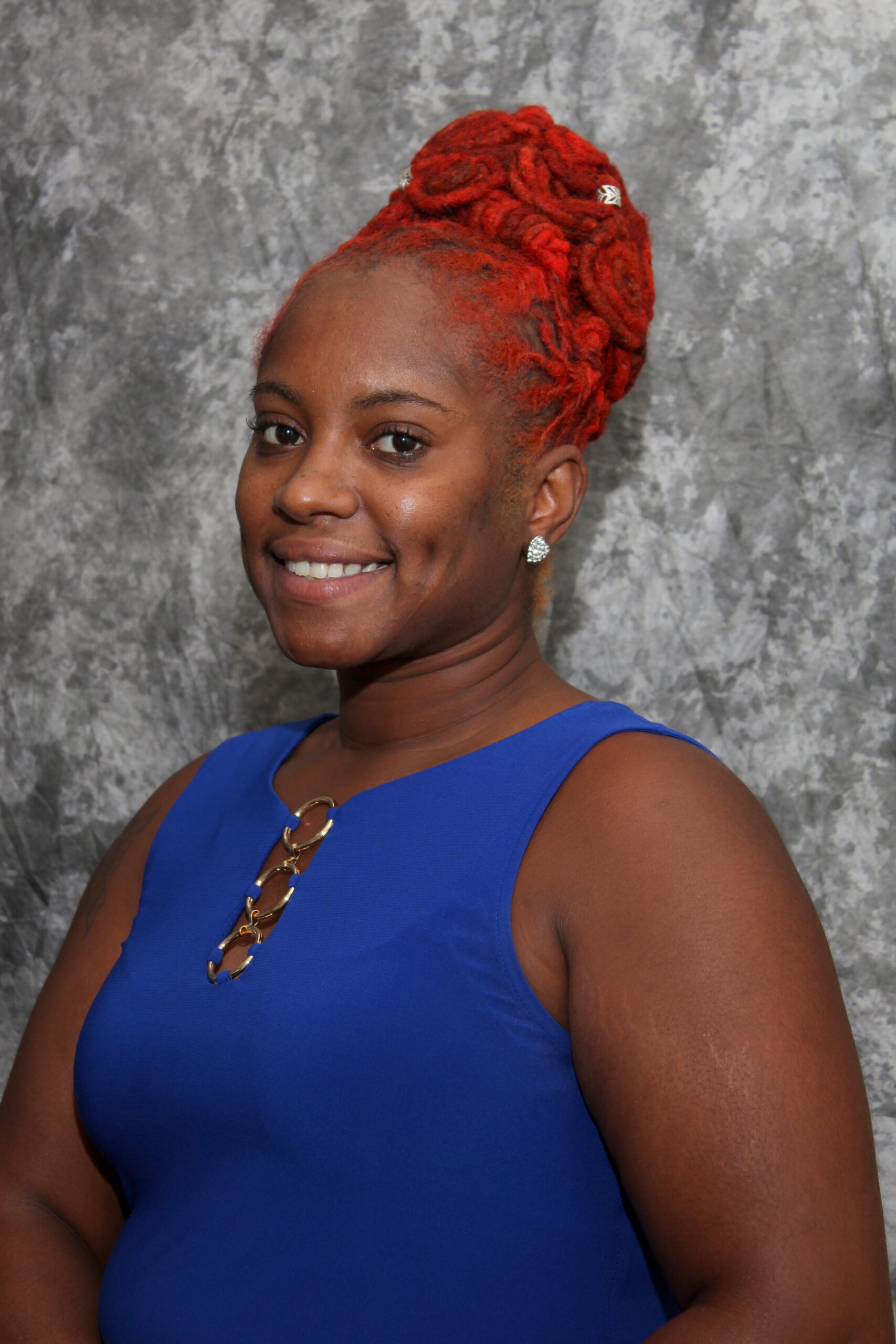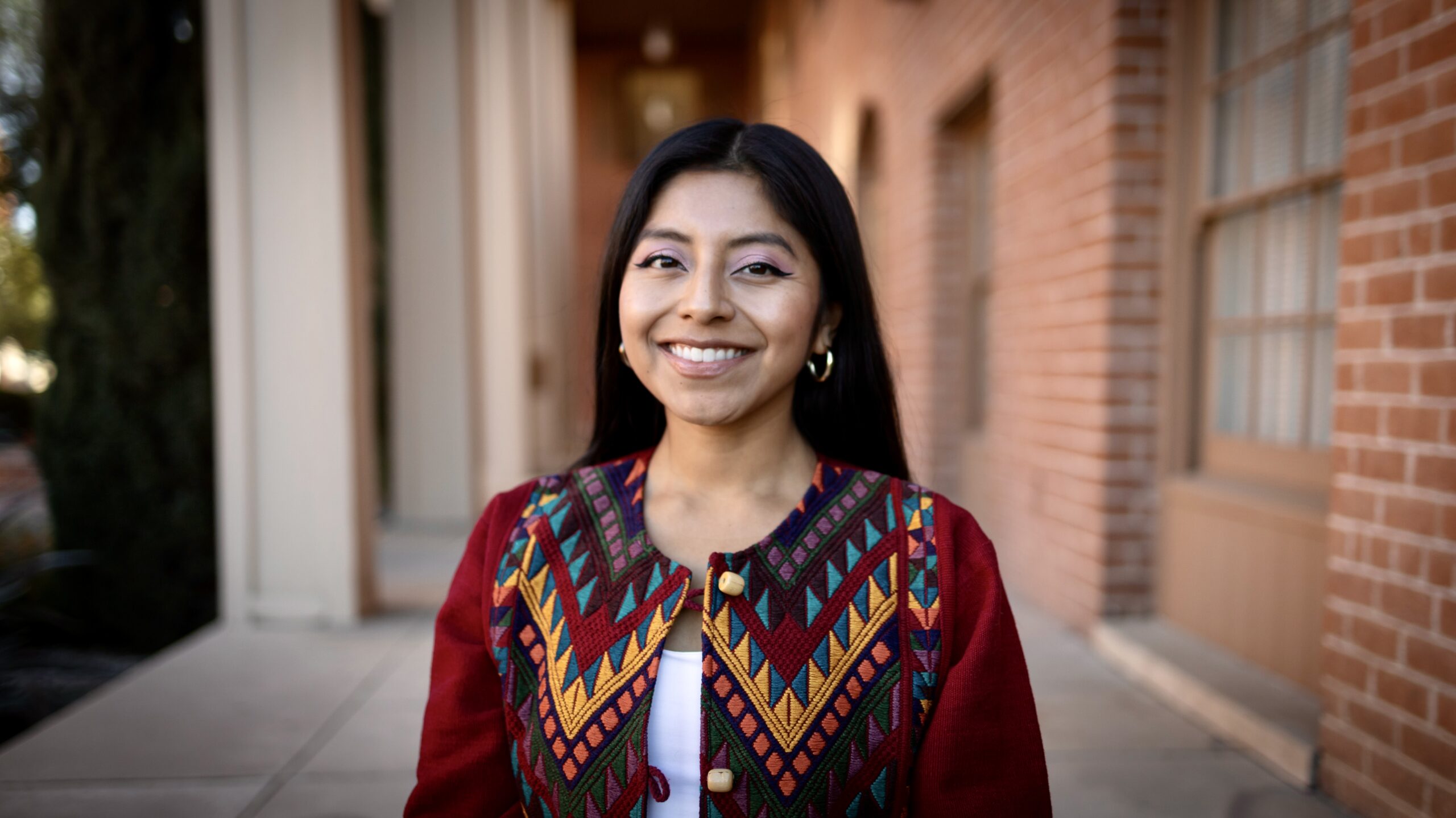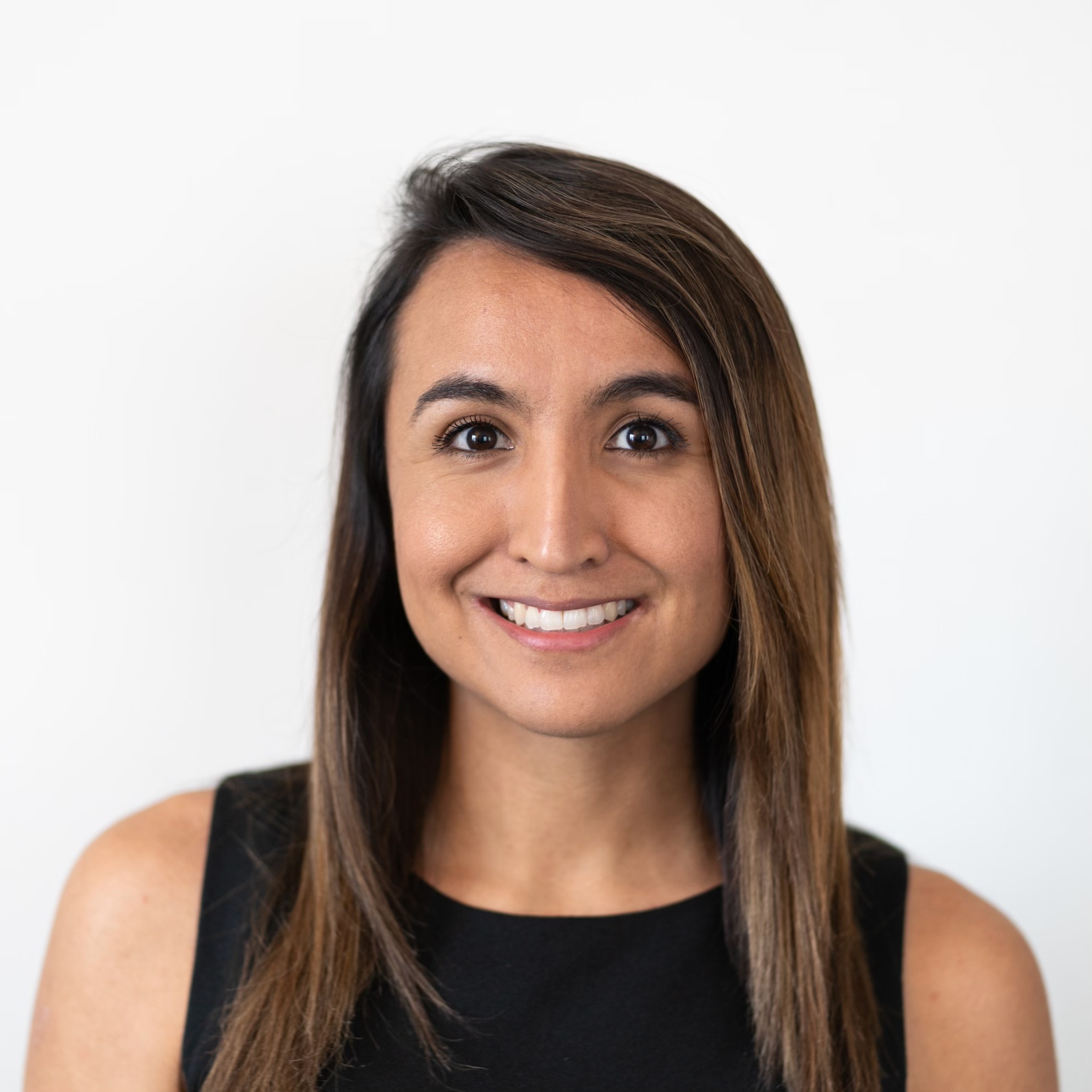The hockey mom who is one of the most feared human rights lawyers in the world
More of This
In fourth grade, her teacher asked the class to draw pictures of what they were going to be when they grew up.
There were firefighters, police officers, ballerinas.
“And I drew a girl surrounded by books,” said Agnieszka Fryszman, now 59.
Which one of these kids do you think grew up to be a slayer of corporate giants, an avenger who has confronted Nazi profiteers, genocide, human traffickers and unscrupulous military subcontractors, from Tulsa to Rwanda? Who made the world reconsider Switzerland’s position in the Holocaust?
Who just brought ExxonMobil to its knees after two decades of fighting torture allegations against its hired security forces in Indonesia? The bookworm.
Read the story on Washington Post
The lawyer who pitted Asian Americans against Black Americans
Less of This
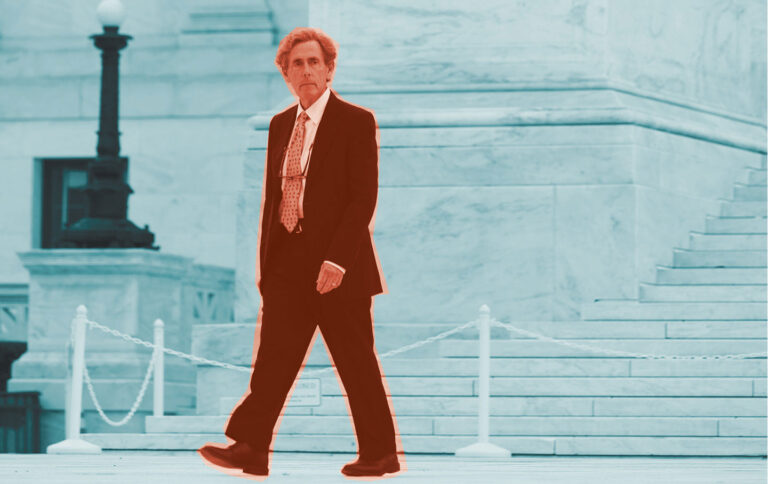
In the late 1990s, after making a “small fortune” as a stockbroker, Edward Blum quit his day job to focus on finding plaintiffs for lawsuits that would seek to overturn racial equality legislation. Nearly 30 years into his second career as a self-described “legal entrepreneur,” Blum has fulfilled another of his most cherished goals: having the Supreme Court’s conservative majority overturn nearly 50 years of legal precedent to end affirmative action in college admissions—which the justices did in June with Students for Fair Admissions v. Harvard and Students for Fair Admissions v. University of North Carolina.
The ruling is Blum’s most consequential win at the court since 2013’s Shelby County v. Holder, which sanctioned voter suppression by effectively nullifying the Voting Rights Act. It also serves as proof of Blum’s commitment to weaponizing the courts to roll back hard-fought civil rights gains.
Read the story on The Nation
The Trump indictment is also an indictment of the entire legal profession
Speaking Of...
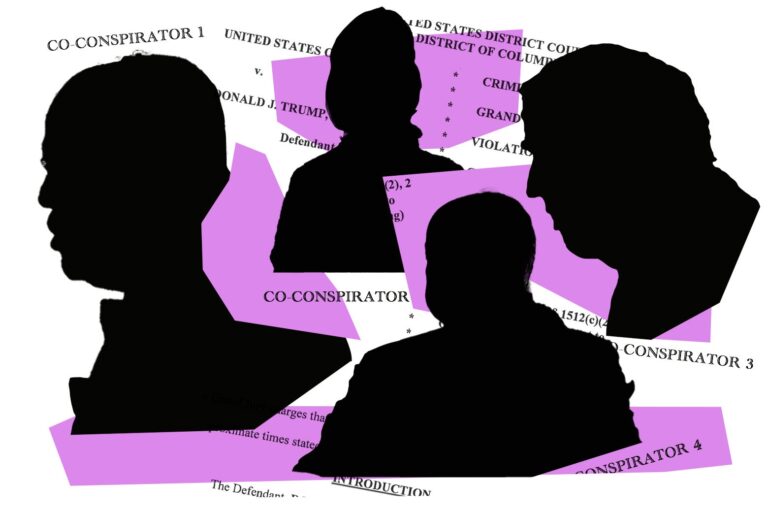
The indictment of Donald J. Trump filed by special counsel Jack Smith on Tuesday is remarkable in too many ways to count. As Richard Hasen has argued, it may be the most important prosecution for American democracy that the nation has ever seen. And its outcome will inform not just the 2024 election but also the likelihood that future elections will result in the orderly, peaceful transfer of power.
It is for this reason that the singular role of lawyers in this particular indictment should not go unremarked on. All six (apparently unindicted) co-conspirators who are unnamed in the document appear to be attorneys. Several have been subject to state investigations or disciplinary actions for misconduct and misrepresentations around the 2020 election. And some of the most damning lines in the indictment come from other attorneys in Trump’s orbit who steadfastly stood up for the rule of law in the midst of the conspiracy, up to and including the Jan. 6 insurrection. One of the most chilling details of the indictment is an allegation that top Justice Department official Jeffrey Clark would have deployed the military to quell protests against Trump’s coup. After White House deputy counsel Patrick Philbin told Clark, “There is no option in which you do not leave the White House on Jan. 20,” Clark allegedly responded: “Well … that’s why there’s an Insurrection Act”—a law that would let Trump activate the armed forces against American citizens to achieve his seizure of power.
Read the Story on Slate
Ohio voters reject a brazenly undemocratic scheme
Lawyer Analysis
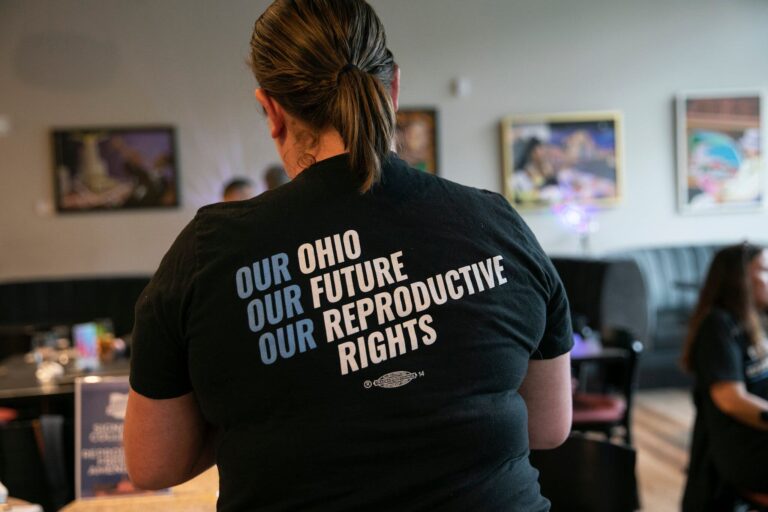
Melissa Murray is a law professor at New York University. Kate Shaw is a law professor at Cardozo Law School. They both host the legal podcast Strict Scrutiny.
An unusual special election that lawmakers have scheduled in Ohio for Tuesday may tell us a great deal about this moment in American politics after Roe v. Wade.
In Dobbs v. Jackson Women’s Health Organization, the Supreme Court justified its decision overruling Roe with an appeal to democracy. In the Dobbs majority opinion, Justice Samuel Alito wrote that the conclusion in Roe that the Constitution protected the right to abortion had stripped the American people of “the power to address a question of profound moral and social importance.” On this logic, the Dobbs decision merely corrected an egregious error, returning the power to regulate abortion “to the people and their elected representatives.”
Despite this paean to democracy, in the past year, elected officials in a number of states have demonstrated a disturbing hostility toward democracy when it is used to protect abortion rights and reproductive freedom. In that time, more than a dozen states have banned abortion, through the enforcement of pre-Roe abortion bans or the enactment of new ones. In other states, abortion access has been severely limited.
Read the story on NY Times




